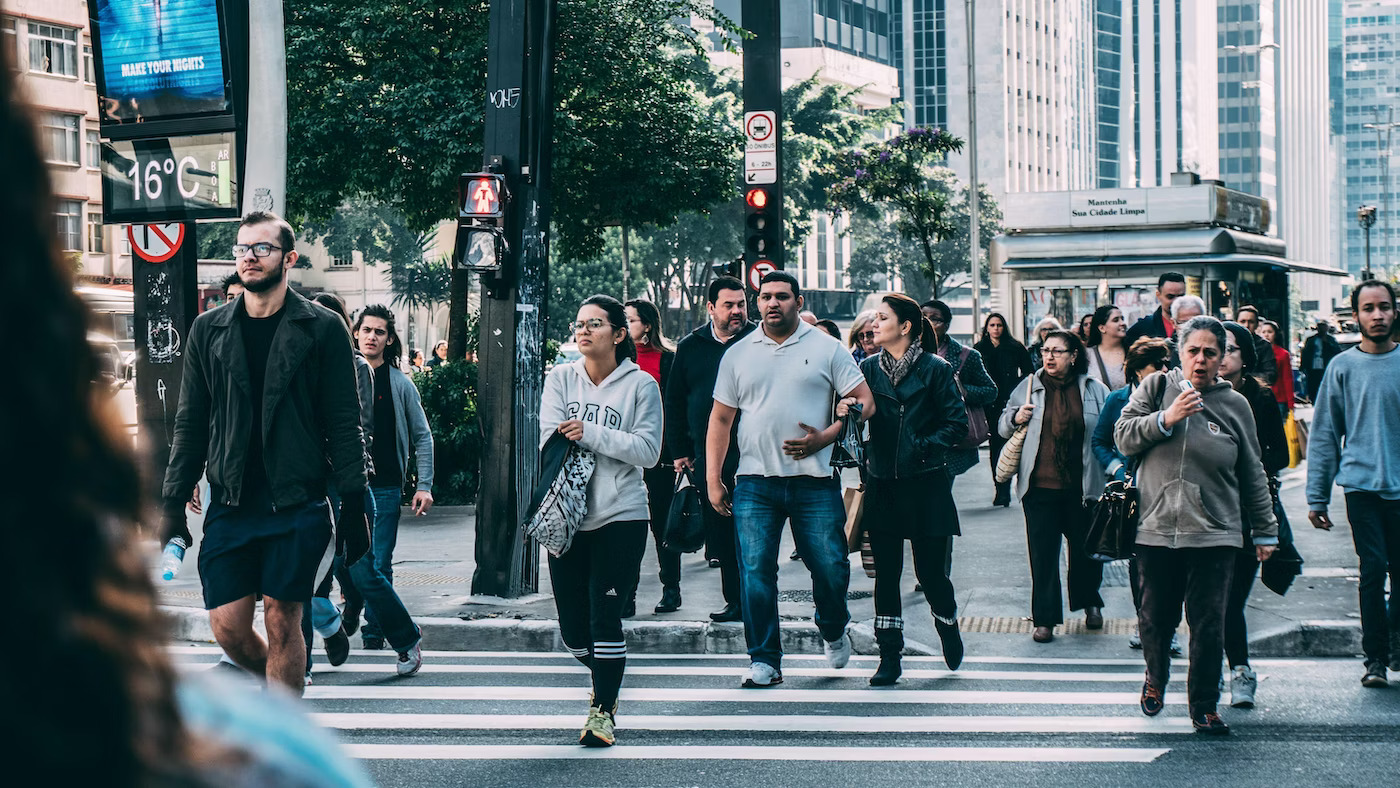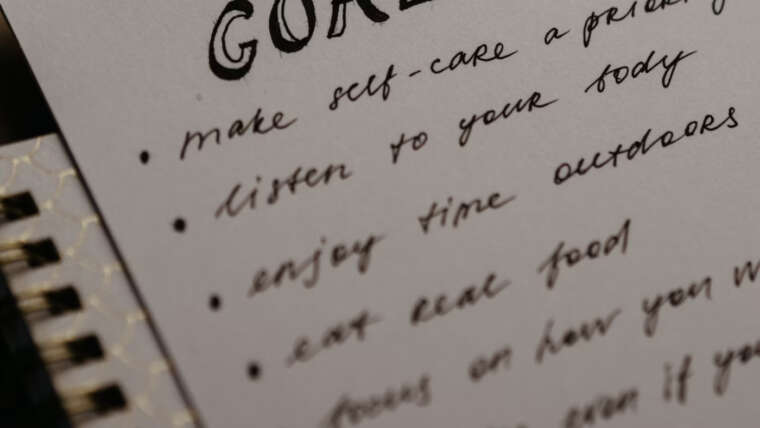What is my Social Responsibility?
Overview
If I see two people fighting and quietly walking away, am I shirking my social responsibility?
It is not a matter for individuals to decide what their social responsibilities should be, as one’s circumstances determine what should be their responsibilities. If I throw litter around in my neighborhood or let an injured person bleed to death in front of me, I am not fulfilling my social responsibility irrespective of what my thoughts and feelings are about my social responsibilities.
Social responsibility can be defined as the moral and ethical actions that one is obliged to perform for the benefit of society and the world at large.
Social responsibility can be defined as the moral and ethical actions that one is obliged to perform for the benefit of society and the world at large. Normally it is something that is understood and defined within the context of one’s place in society and interactions with their environment.
If I see two people fighting and quietly walking away, am I shirking my social responsibility? And if I get involved without understanding the complexities of the situation and can potentially make things worse for both of them and myself, am I fulfilling my social responsibilities? I may even get killed in the fight in trying to fulfill my social responsibility.
There have been times when not criticizing the wrongdoings of someone has been described as a failure to fulfill one’s social responsibility. The developed world has been critical of world leaders who remain silent on the violations of human rights and atrocities committed by dictatorial regimens on their population. In a similar fashion, the West has been criticized for remaining silent on the human calamities and wars in other parts of the world which do not seem to affect the western countries. Countries have plunged into deep financial crisis and several neighboring countries have been watching silently. Are they all shirking their social responsibilities? Do they have a right to be silent on matters they do not want to be involved in?
I have come across criticisms on social media of celebrities who spoke up about certain injustices in society but were silent on other similar significant injustices and they were blamed for having prejudices against a particular community, region, or nation. This means one does not have the freedom to decide which social ills one wants to focus on.
Wars are going on in many countries all the time, how can you get involved or keep commenting on them?
There are thousands of causes and thousands of situations where injustices are happening, one cannot be giving statements on every situation as one will lose peace of mind. Does that mean they are not socially responsible?
During nationalistic uprisings in countries, a lot of politicians put their lives at risk but there were many spiritual leaders who did not say anything or get involved in their countries’ freedom struggle. Perhaps they had zoomed out of the life situation and their national identities so much that they were identifying with the whole of humanity and not just one nation or community. Does that mean they were socially irresponsible?
I have come across people who do not like giving feedback on the services they receive, as it can be very time-consuming and if they express their unhappiness, they do not see a response to their feedback, as it is just to collect statistics with the help of an external agency for later use.
However, when people have taken pains to comment on the injustices happening in other countries, they have been criticized for not understanding the complexities of the situation in a given country and making things worse by supporting a wrong stance and interfering in the affairs of another country.
Conclusion
The discussion above brings the following question to mind. Do I have the right to my silence, or do others’ needs take priority over my own need for silence and inaction? Do I have a right not to get involved in sorting out the injustices in this world, and let the Creator of this world sort the mess out?
I have not yet criticized the killing of George Floyd in America publicly although deep within I see it as an abhorrent act. Does that mean I am not socially irresponsible? What if I were a prominent figure in society, and if I still do not criticize – would I be socially irresponsible? Sometimes people are critical of wrongdoing on the surface but not within, does that make them socially responsible?
Virtue signaling – at times, a public expression of opinions and sentiments is intended to demonstrate one’s a good character or social conscience rather than fulfilling one social responsivity for the benefit of society. Their Twitter feed may not mean that they practice those things.
Raman maharishi, a great Indian saint, was silent on almost all political issues. Does that mean he did not fulfill his social responsibility? It may be that he was fulfilling his social responsibilities in his chosen field.
Perhaps we need a deeper understanding of our social responsibilities and a better framework to guide our actions in the right direction.
Social responsibility can be defined as the moral and ethical actions that one is obliged to perform for the benefit of society and the world at large. Normally it is something that is understood and defined within the context of one’s place in society and interactions with their environment.
If I see two people fighting and quietly walking away, am I shirking my social responsibility? And if I get involved without understanding the complexities of the situation and can potentially make things worse for both of them and myself, am I fulfilling my social responsibilities? I may even get killed in the fight in trying to fulfill my social responsibility.
There have been times when not criticizing the wrongdoings of someone has been described as a failure to fulfill one’s social responsibility. The developed world has been critical of world leaders who remain silent on the violations of human rights and atrocities committed by dictatorial regimens on their population. In a similar fashion, the West has been criticized for remaining silent on the human calamities and wars in other parts of the world which do not seem to affect the western countries. Countries have plunged into deep financial crisis and several neighboring countries have been watching silently. Are they all shirking their social responsibilities? Do they have a right to be silent on matters they do not want to be involved in?
I have come across criticisms on social media of celebrities who spoke up about certain injustices in society but were silent on other similar significant injustices and they were blamed for having prejudices against a particular community, region, or nation. This means one does not have the freedom to decide which social ills one wants to focus on.
Wars are going on in many countries all the time, how can you get involved or keep commenting on them?
There are thousands of causes and thousands of situations where injustices are happening, one cannot be giving statements on every situation as one will lose peace of mind. Does that mean they are not socially responsible?
During nationalistic uprisings in countries, a lot of politicians put their lives at risk but there were many spiritual leaders who did not say anything or get involved in their countries’ freedom struggle. Perhaps they had zoomed out of the life situation and their national identities so much that they were identifying with the whole of humanity and not just one nation or community. Does that mean they were socially irresponsible?
I have come across people who do not like giving feedback on the services they receive, as it can be very time-consuming and if they express their unhappiness, they do not see a response to their feedback, as it is just to collect statistics with the help of an external agency for later use.
However, when people have taken pains to comment on the injustices happening in other countries, they have been criticized for not understanding the complexities of the situation in a given country and making things worse by supporting a wrong stance and interfering in the affairs of another country.
Conclusion
The discussion above brings the following question to mind. Do I have the right to my silence, or do others’ needs take priority over my own need for silence and inaction? Do I have a right not to get involved in sorting out the injustices in this world, and let the Creator of this world sort the mess out?
I have not yet criticized the killing of George Floyd in America publicly although deep within I see it as an abhorrent act. Does that mean I am not socially irresponsible? What if I were a prominent figure in society, and if I still do not criticize – would I be socially irresponsible? Sometimes people are critical of wrongdoing on the surface but not within, does that make them socially responsible?
Virtue signaling – at times, a public expression of opinions and sentiments is intended to demonstrate one’s a good character or social conscience rather than fulfilling one social responsivity for the benefit of society. Their Twitter feed may not mean that they practice those things.
Raman maharishi, a great Indian saint, was silent on almost all political issues. Does that mean he did not fulfill his social responsibility? It may be that he was fulfilling his social responsibilities in his chosen field.
Perhaps we need a deeper understanding of our social responsibilities and a better framework to guide our actions in the right direction.



